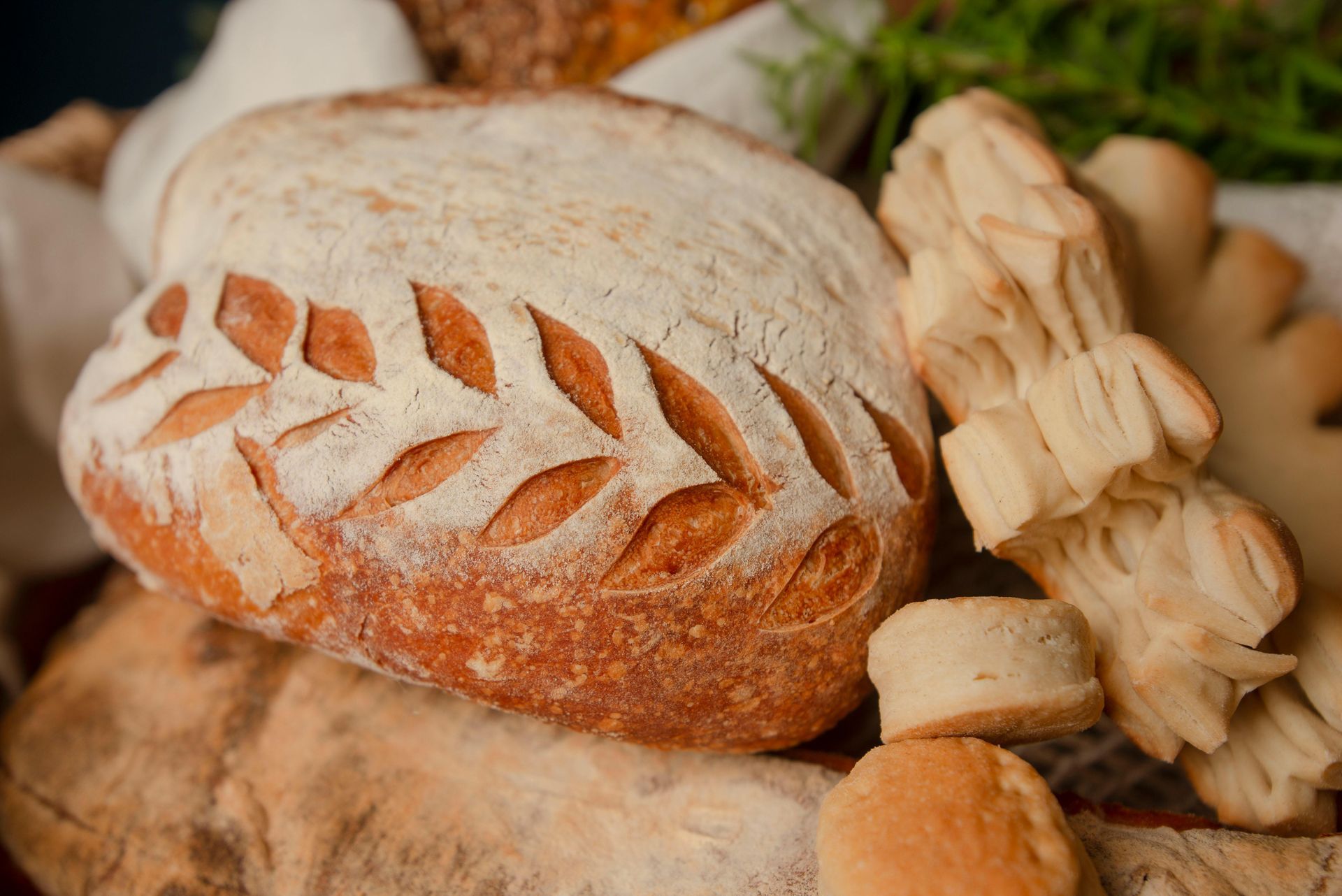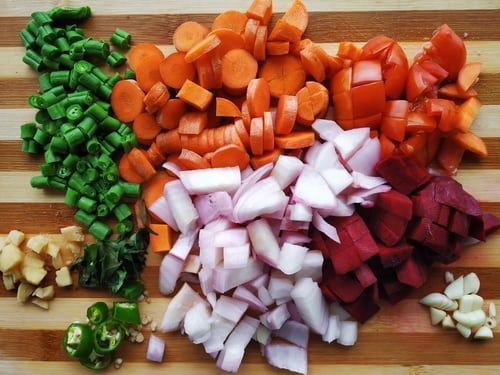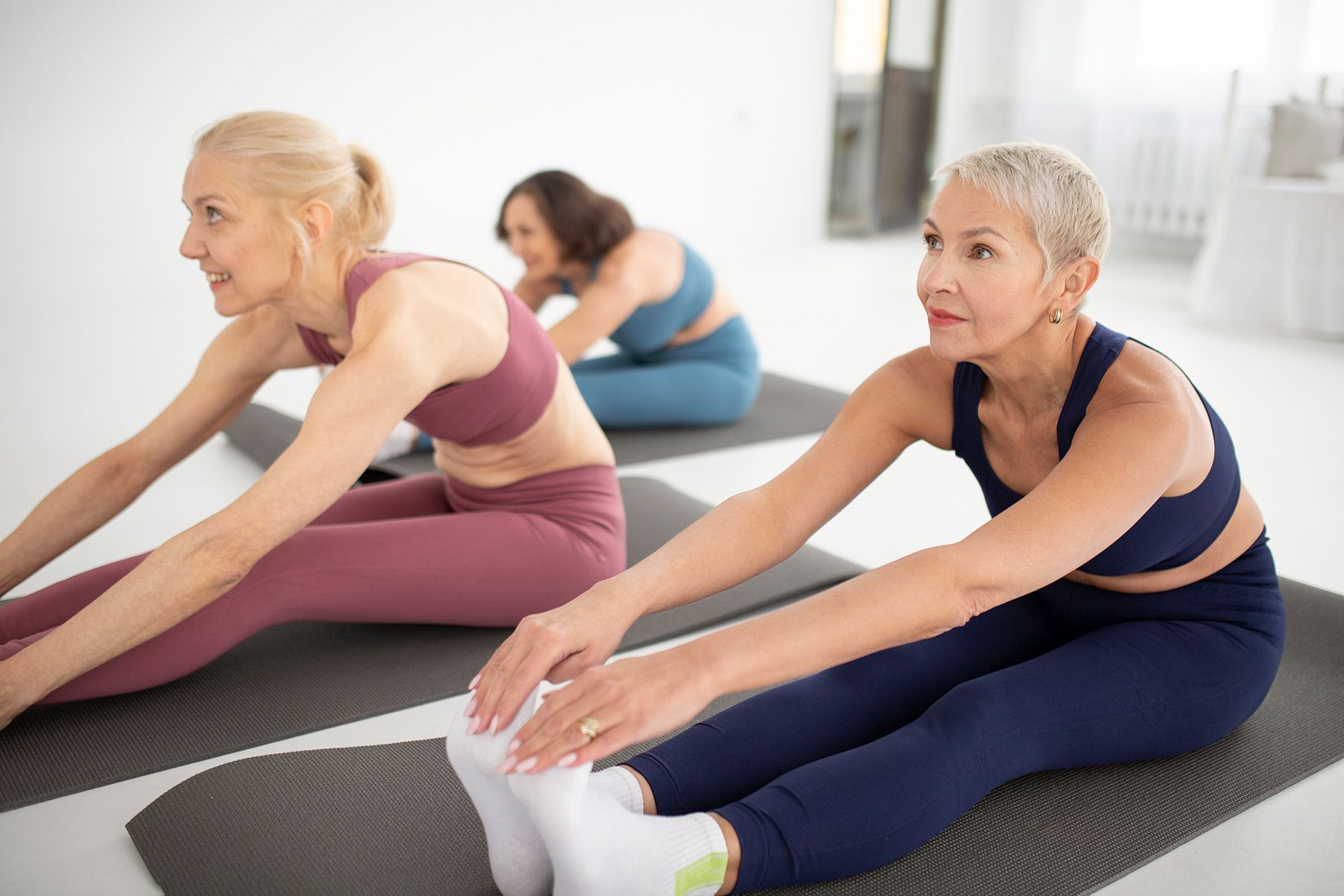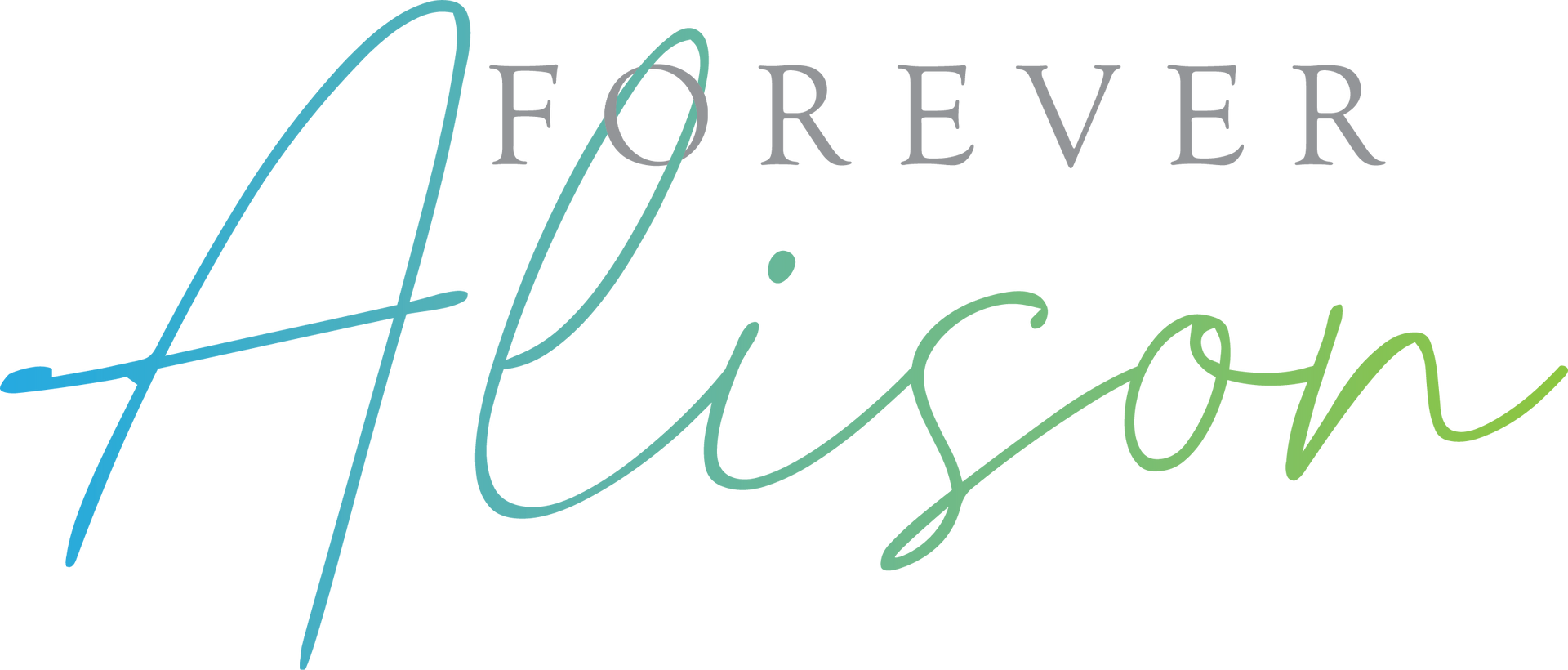Have you found your purpose?
A job for life?
Have you found your purpose?
What did you want to be when you grew up?
I have two grandsons; one wants to be a footballer, the other a dinosaur or basketball player!
Can work be your passion?
Do we work to live or live to work?
Is there such a thing as a job for life?
I came to teaching a bit by default. I was a dutiful daughter, good at school and fancied being an air hostess. (The were not called cabin crew in the 1960’s).
I decided however that I was no good at languages (yes I was studying French and German at school quite successfully) but my brain did not acknowledge those skills and so decided I probably ought to teach. My mom was teaching. It seemed like a good idea.
Home economics was my favourite subject, so I would teach that.
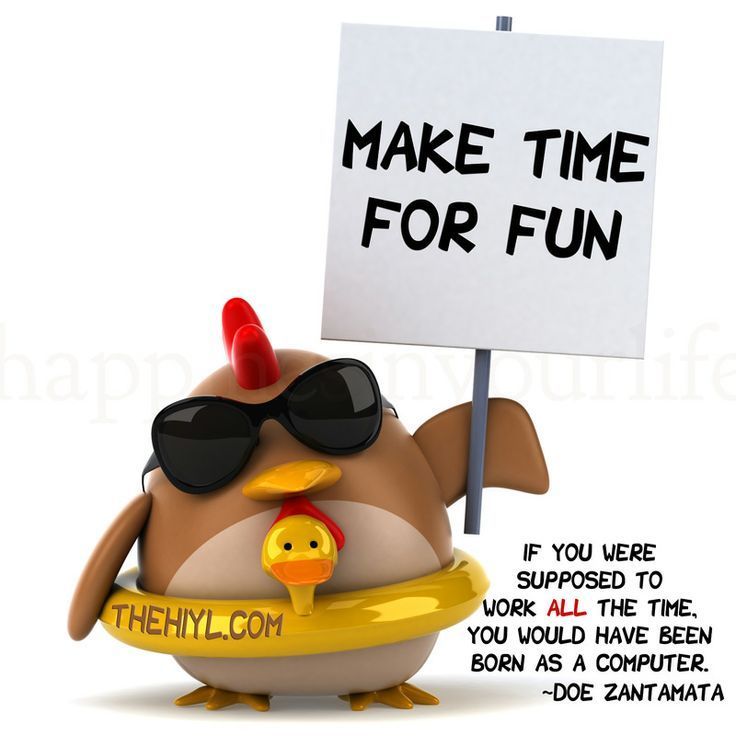
All these discussions went on mainly in my head. My parents were supportive and very much of the ’get a good job’. ‘A job for life’. ‘A respectable job’ mode of thinking. They wanted me to be independent and safe.

That was it; decision made, college applied to and got in. Never thought to apply to university. Did not think I was clever enough!
I had a ball at college but it did not really stretch me. It did, however, give me a good career, chance to travel and work in Bermuda for 8 years and life exploded into colour.
I was lucky. Very Lucky.
I came to realise my passion was teaching people to cook; nutrition; family meals; budgeting; making things; creativity; traditional skills. Bringing joy.
I found my happy place. Then it became dulled and driven by those who did not understand the value of my subjects. Numbers not people. Certificates and grades not skills. Core subjects not creativity. (that is the title for another blog!).
When the job changes out of all shape and size to the one you started, what do you do?
A career that no longer fulfils.
Expectations and demands that do not sit well with your values.
Change of leadership; change of management; policies changing.
Sleep affected; stress levels rise; overwhelm creeps in; self-doubts abound.
So many professional women find they are thwarted by decisions made in every day working life, over which they have no control.
That is frustrating, numbing, a recipe for discontent.
I was lucky again. I had already started my career in network marketing and in Forever Living had found a company where I was valued, respected, challenged and allowed to grow. I could leave teaching on my terms. I had something different/ better in place.
We are fortunate to now be in an age where the ‘job for life’ is no longer seen as valid. Many industries are closing, new ones forming. A job as an influencer in 1960’s would have seen as ridiculous!
So how do we teach our younger selves to prepare for a working life.
What skills do they need to feel fulfilled.
I love the Japanese approach of Ikigai.
Looking at what you are good at, what the world needs, what you love and what people will pay you for.
Dive deep and it can be a very fulfilling exercise.
Give it a go.
Let me know what is your sweet spot.
Is there more to life than work- of course!!
But if work can also align with our values and be fulfilling, then it too can bring joy.
If you know you have more to give; if life at work is no longer giving you joy, get in touch.
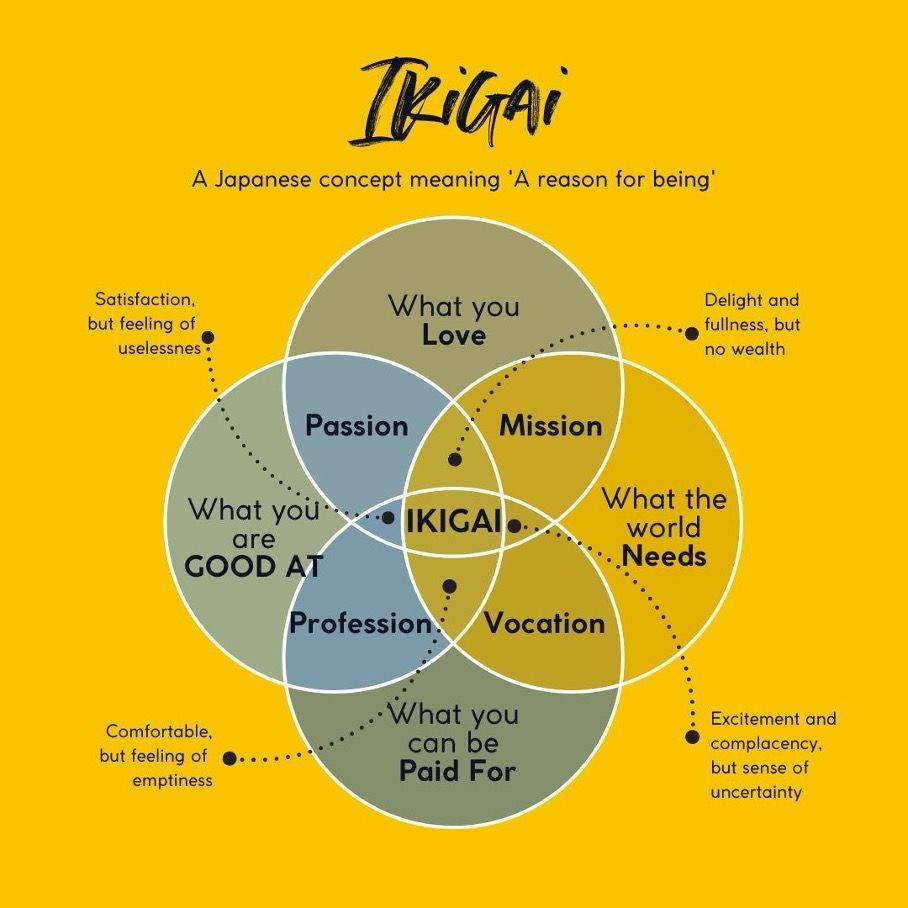

If you know you need to work in some capacity but do not want to continue where you are, let’s chat about an exit plan.
Finding another way of working that aligns with your values, enhances your accrued skills and allows you to enjoy a role on your terms.
You may also want to take a look at the work of Retirement –
www.refirementrevolution.
And do think how we teach the next generation. What skills, values, contribution do we want them to bring to the world?
